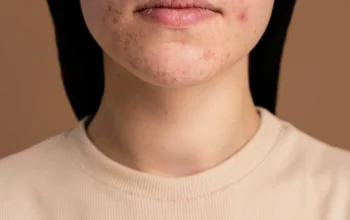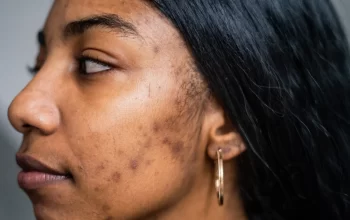Acne and the Pimple: How to Treat It Without Using Expensive Medications
Acne can affect you both physically and mentally, and over time, can lead to permanent facial scarring. There are several effective ways to treat acne which reduce both your risk of developing acne scars and the amount of acne pimples you acquire. Many people are suffering from acne at some point in their life. Some people get acne when they are teenagers while others acquire acne later in life.
There are different kinds of acne, which range from mild acne to severe acne. Mild acne is characterized by tiny whiteheads or blackheads. This kind of acne usually goes away on its own within a couple of weeks. Severe acne is characterized by large inflamed pimples that sometimes develop into scars. While some mild acne can be treated with over the counter products such as creams and facial scrubs, more severe acne requires stronger treatments such as antibiotics and laser treatments.
There are basically two types of acne – whiteheads and blackheads. Whiteheads can be closed using gentle abrasive materials such as cotton swabs, toothpicks, and other tools designed to gently remove blackheads. Blackheads, however, are made worse by oils that clog their pores. In order to prevent this from happening, it is important to keep your skin clean and oil free.
If you already have acne and have also developed blackheads, it is likely that you have very sensitive skin. The inflammation caused by inflammation can exacerbate the symptoms of acne. This is why it is important to treat these pimples gently. You should also exfoliate your skin twice a week so that the dead skin cells excreted during cleansing do not accumulate in your pores. Exfoliating also helps get rid of any dead skin cells which can trigger the formation of new pimples.
The excess oil secreted by the skin as a result of the inflammation and clogging of pores are what usually causes the development of blackheads. This excess oil attracts the unwanted bacteria present in the pores and causes them to multiply and spread throughout the skin. These bacteria then cause the inflammation and infection that cause acne.
When it comes to preventing scarring, there are some medications available to you that can reduce acne’s effects. Two such medications are isotretinoin and salicylic acid, both of which work by reducing the amount of sebum produced by the sebaceous glands. While isotretinoin is considered to be effective, it can cause severe side effects like nausea, vomiting, and severe changes in color of skin and hair. Salicylic acid, on the other hand, is considered safe when used as directed, although there are no studies demonstrating its effectiveness beyond reducing acne.









